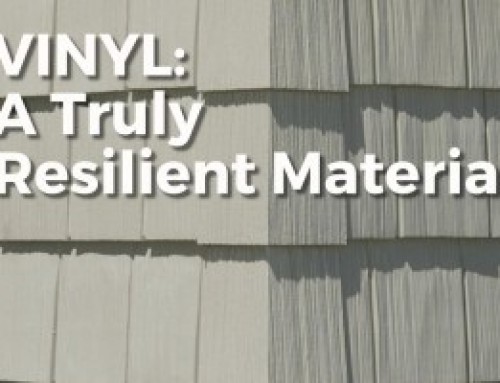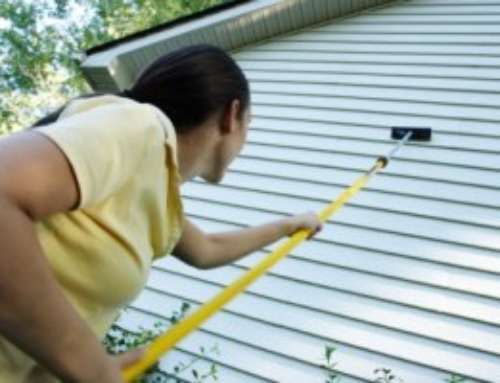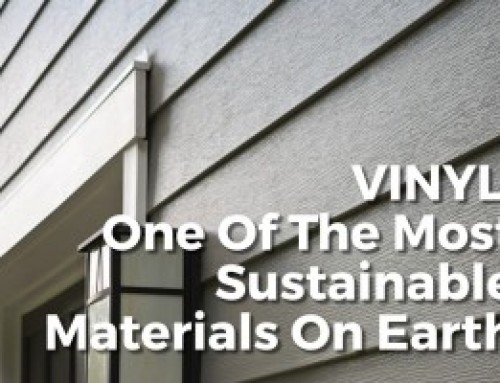Ever notice how often you hear about water main breaks in the news?
Does it seem like these breaks are happening more frequently year after year?
Well if you noticed a trend you’re not alone.
When I watch the news I’m amazed at how often water mains break, and the situation seems to be getting worse.
So why do water mains break and why are the breaks occurring more frequently as time goes on?
There are many reasons why buried water mains break.
Excluding the rare occasions when accidents occur (i.e.: severe impacts from construction equipment), the 2 primary causes of water main breaks in Canada are corrosion and frost-heave.
Corrosion is a process by which a material loses mass through an electrochemical reaction that causes electrons to flow from one material to another.
In the case of buried iron pipe, the electrons would flow from the pipe to the soil.
This movement of electrons over time will cause the material to deteriorate and lose strength.
When iron pipe corrodes, its walls become thinner and eventually become so thin that the pipe cannot withstand the internal pressure anymore, then it breaks.
Consequently, the older the iron pipe the higher the risk of failure.
Frost-heave, the other primary cause of water main breaks in Canada, is a phenomenon that occurs in the winter.
As you can imagine frost-heave is a much more critical issue in Canada than in the U.S. as our winters here are much more severe.
Frost-heave occurs when the air temperature drops and the ground freezes.
The ground will freeze from the surface down, which means the frost depth will continue to increase as the temperature drops and continues to stay cold.
If the winter is cold and long enough, the frost could potentially reach the buried water main and apply severe pressure to the pipe.
The frost pressure and subsequent ground movement will eventually cause the iron pipe to break.
Now here’s the good news….
By using a non-corroding flexible water main pipe material like Vinyl you can virtually eliminate all of the failures that may occur from corrosion and frost-heave.
Vinyl pipe will never break due to corrosion as Vinyl does not corrode, thus it will never lose its wall thickness and will always maintain its tensile strength.
Also, as Vinyl is a flexible pipe material it will absorb the pressure from frost-heave by flexing and bending, and in most cases will not break.
Even more good news is the fact that in the worst case scenario condition where the water inside the pipe freezes, Vinyl pipe will stretch when the freezing water expands into ice, and in most cases still will not break.
So if you’re a Canadian municipality and want to minimize your water main breaks in every season, especially winter, the answer is simple: JUST USE VINYL.














